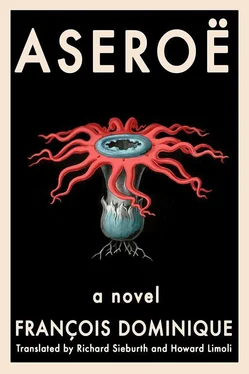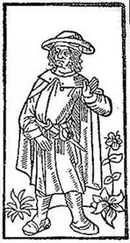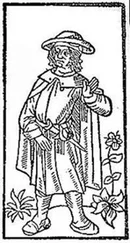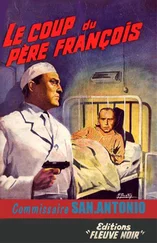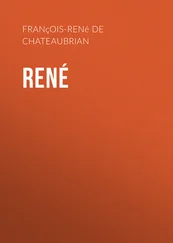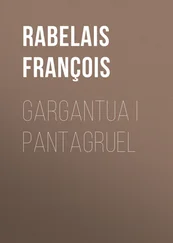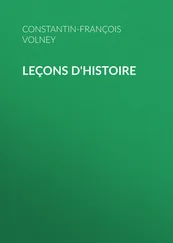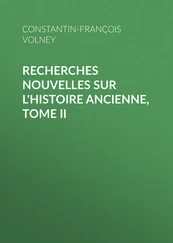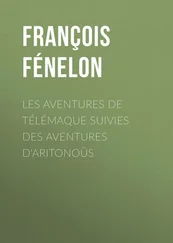François Dominique - Aseroë
Здесь есть возможность читать онлайн «François Dominique - Aseroë» весь текст электронной книги совершенно бесплатно (целиком полную версию без сокращений). В некоторых случаях можно слушать аудио, скачать через торрент в формате fb2 и присутствует краткое содержание. Город: New York, Год выпуска: 2020, ISBN: 2020, Издательство: Bellevue Literary Press, Жанр: Современная проза, на английском языке. Описание произведения, (предисловие) а так же отзывы посетителей доступны на портале библиотеки ЛибКат.
- Название:Aseroë
- Автор:
- Издательство:Bellevue Literary Press
- Жанр:
- Год:2020
- Город:New York
- ISBN:978-1-942658-78-8
- Рейтинг книги:5 / 5. Голосов: 1
-
Избранное:Добавить в избранное
- Отзывы:
-
Ваша оценка:
- 100
- 1
- 2
- 3
- 4
- 5
Aseroë: краткое содержание, описание и аннотация
Предлагаем к чтению аннотацию, описание, краткое содержание или предисловие (зависит от того, что написал сам автор книги «Aseroë»). Если вы не нашли необходимую информацию о книге — напишите в комментариях, мы постараемся отыскать её.
Aseroë — читать онлайн бесплатно полную книгу (весь текст) целиком
Ниже представлен текст книги, разбитый по страницам. Система сохранения места последней прочитанной страницы, позволяет с удобством читать онлайн бесплатно книгу «Aseroë», без необходимости каждый раз заново искать на чём Вы остановились. Поставьте закладку, и сможете в любой момент перейти на страницу, на которой закончили чтение.
Интервал:
Закладка:
Mouille mouille paradis
La femme est à l’abri
Mouille mouille paradis
Les agneaux sont guéris .
Paradise, cream in your jeans
A woman by any other means
Paradise, cream in your jeans
The lambs are full of beans.
The little idiot was onto me. Crazed with delight, she dropped her piece of cake, hid her face in her mother’s bosom, and then grabbed at the waitress’s apron in passing, demanding her pencil and order pad in a whiny voice: “Lalie wants to draw!… Gimmee!” “Shut up,” said her mother. “I’m going to take her outside; she’s too worked up.” The waitress said, “Wait!” and looked behind the counter for another pad, another pencil. “Here, Nathalie, you can write and draw all you want.” The mother agreed, all smiles.
The light was a pearly white, coating every object in its caress. I considered this carefully, holding my breath so as not to break this gathering force by a single word—just as a single first step might crush the eggs of insect larvae barely hatched between the soil and the dew.
Now the light was chasing away all the shadows with frightening speed. The frost tightened its grip on the windows and, for a fraction of a second, the rays, diffracted by the crystals, traced an orange star upon the tablecloth where Nathalie was seated.
The girl was waving pages scribbled with circles, crosses, and hatchings every which way. “All done! All done!”
Gone was the charm and play of light. The bistro returned to being a mere bistro: cheap drinks, coffee, grease, and smoke. The faces were extinguished. “Leave it there. Come, come on!…” The mother got up and took her daughter by the hand.
Nathalie stuffed the papers into one of her pockets; her mother dragged her to the door. But as she was about to leave, the little idiot wheeled around and marched up proudly to me and placed the papers on my table.
I looked at the torn pages she had offered to me. Circles, crosses, hatchings (the uncanny parody of some unknown form of handwriting?), but also featuring real letters like S,A,E,R,N,O,G … Then, on another sheet, these three lines, carefully scripted:
4

Aseroë
IHAVE NOT BEEN SPARED from the ravages of forgetting. I wouldn’t be able to point to the exact street or to the house in front of which all this took place.
First, there was the Concert of Angels on the Isenheim Altarpiece, their fiery garments the same hue as those November vineyards back then in Colmar, and the Virgin with her incandescent crown, of which I had had a premonition the previous day, gazing at the starry sparkles of the local Moselle wine at the bottom of my glass…. But, most of all, there was the presence of Gunther and Claudine, whose friendship shielded me from difficult days.
I’m often haunted by those who’ve died young. Today I’m again haunted as I think of Claudine, my act of writing transforming my uneasiness into a species of terror, once I come to realize that all those who have died before their time, all those who never even had the chance to reach their prime, have now suddenly become my elders . Their faces have thereby achieved the status of icons, their smiles hanging frozen in the air, not as they might appear in past snapshots, but now frozen in the very air before me, at moments when I was sure they had completely vanished from my mind.
I find the streets and houses of this town quite uncanny, bearing as they do the imprint of someone now gone. Were I to return here, all these fine façades would be wrecked for me, as would the cathedral. The rain would be unremitting; everything would turn ugly before my eyes.
I hear Claudine laughing and making her little sarcastic comments, which so manage to impress and seduce both of us. I’m not talking about her beauty here, but about her voice, about her quirks of thought. We are carried away by her gaiety, but as soon as she has managed to draw the two of us into her mirth by a well-placed quip or caustic observation, she waits for just the right moment to deflate our laughter, brutally reminding us what fools we have been to fall for her dumb little jokes. Then, having reduced us to utter embarrassment by some dry or cutting remark, she then starts up again, captivating our bemused attention by commenting on this or that passing face or scene that she has just noticed as we three make our way down the street. In short, she loves leading us along by our noses. Which is, of course, why, without letting her know, we so adore her.
I had more or less forgotten all about her when, three years later, I received a long letter from her containing poems that struck me as rather arty. After signing off with “xxx kisses,” she added the following sentence, which I also thought was just a young girl’s daydreaming: “When it comes time to get out of here, we’ll take everything along with us, the entire world, meaning even Gunther, and even you.”
I wrote her back a letter that received no reply; a month later, Gunther wrote to tell me that Claudine was dead.
The Concert of Angels and the lovely face of the Virgin have retreated behind another more ancient altarpiece that I glimpse upon entering the Unterlinden Museum in Colmar: its Paradise, Purgatory, and Hell are just as terrifying. Claudine is walking ahead of us, pointing to the panel of infernal torments to show us the figure of a woman utterly racked with pain. “You’ll soon get a good look at her,” she said. “What do you mean, soon?” “You’ll soon see her, if I manage to find her, and if she agrees.” These unsettling words erase the boundary between this picture of Hell and our present life. I shrug my shoulders, suggesting that Claudine just take in the painting in silence.
Several hours later, after we have all had lunch, we cross a public garden and then wend our way through one narrow street after another. Standing in front of a stoop is a tall woman—very dignified, very erect. Every now and then she raises her hand to greet someone we do not see. Claudine leans into me to say, “Here she is, the woman in the altarpiece.” I recognize the pallor of her face, creased by deep wrinkles. In fact, she is looking at nobody; her eyes are cast toward some unknown place beyond the neighboring houses. She is waiting. Her right hand, slightly outstretched, bears wounds above the palm. Her other hand is clenched against her belly…. We pass by. The woman raises her hand to her mouth and bites at the wound, then extends her hand again without appearing to suffer; then she curls her lips into a grimace, and then brings her hand back to its earlier position.
I turn to look at her and observe the same cruel gesture repeat itself, slowly, obsessively: hand moving to mouth, mouth biting at the wound, grimace, relaxation of hand, hand again outstretched, then reaching toward mouth, mouth biting hand, mouth grimacing, then relaxation of hand.
I observe her wound—violet, swollen—which returns again and again to welcome her bite in a very precise cadence. Not a single complaint on her part, not a single murmur.
Claudine explains in a completely matter-of-fact fashion: the Occupation, her husband tortured to death by the SS under the eyes of his young wife and in this very house, below the front stoop, which she now refuses to leave. She goes to do her shopping; she chats with her neighbors. There are days when they see her prostrate in front of her door. They say of these days: her hand is going nuts .
Читать дальшеИнтервал:
Закладка:
Похожие книги на «Aseroë»
Представляем Вашему вниманию похожие книги на «Aseroë» списком для выбора. Мы отобрали схожую по названию и смыслу литературу в надежде предоставить читателям больше вариантов отыскать новые, интересные, ещё непрочитанные произведения.
Обсуждение, отзывы о книге «Aseroë» и просто собственные мнения читателей. Оставьте ваши комментарии, напишите, что Вы думаете о произведении, его смысле или главных героях. Укажите что конкретно понравилось, а что нет, и почему Вы так считаете.
